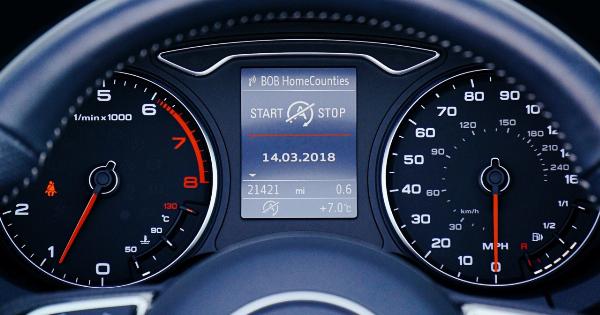Gout is a form of inflammatory arthritis that can be quite painful, especially in the joint of the big toe. While there are many factors that can contribute to the development of gout, alcohol consumption is often considered one of the biggest culprits.
For people with gout, understanding the connection between alcohol and gout is crucial in managing their symptoms and preventing flare-ups. In this article, we will explore the relationship between alcohol and gout in depth.
What is Gout?
Gout is a type of arthritis that occurs when there is a buildup of uric acid in the blood. Uric acid is a waste product that is produced when the body breaks down purines. Normally, uric acid dissolves in the blood and is excreted by the kidneys.
However, in people with gout, there is an excess of uric acid in the blood, which can lead to the formation of sharp, needle-like crystals in the joint. These crystals can cause severe pain, swelling, and inflammation, especially in the joint of the big toe.
Why Does Alcohol Cause Gout?
While there are many factors that can contribute to the development of gout, alcohol consumption is one of the most well-known. When you drink alcohol, your liver has to work overtime to process it.
As a result, it produces more uric acid, which can lead to an increase in uric acid levels in the blood. Additionally, alcohol can inhibit the excretion of uric acid by the kidneys, which can lead to a buildup of uric acid in the blood.
How Much Alcohol is Too Much?
The amount of alcohol that can trigger a gout attack varies from person to person. However, in general, heavy alcohol consumption is more likely to cause gout than moderate drinking.
According to the Centers for Disease Control and Prevention (CDC), heavy alcohol consumption is defined as consuming more than eight drinks per week for women and more than 15 drinks per week for men. Binge drinking, or consuming a large amount of alcohol in a short period of time, can also trigger a gout attack.
Which Types of Alcohol are the Worst?
When it comes to gout, not all types of alcohol are created equal. Beer and liquor are both known to be particularly bad for people with gout, while wine may be less problematic.
This is because beer and liquor are high in purines, which are broken down into uric acid when they are metabolized by the body. Additionally, beer contains high levels of guanosine, which can increase uric acid production in the body. Wine, on the other hand, has lower levels of purines and guanosine, making it a better option for people with gout.
Can You Still Drink Alcohol if You Have Gout?
If you have gout, it is important to talk to your doctor about how alcohol consumption may affect your condition. In general, it is recommended that people with gout limit their alcohol intake, especially if they have had gout attacks in the past.
If you do choose to drink alcohol, it is best to stick to low-purine options like wine and to drink in moderation. Additionally, it is important to stay hydrated when drinking alcohol, as dehydration can increase the risk of gout attacks.
Conclusion
Gout is a painful condition that can be exacerbated by alcohol consumption. While moderate alcohol consumption may not be a problem for everyone with gout, heavy drinking or binge drinking can trigger gout attacks.
If you have gout, it is important to work with your doctor to develop a plan that takes your alcohol consumption into account. By understanding the connection between alcohol and gout, you can take steps to manage your symptoms and prevent flare-ups.






























